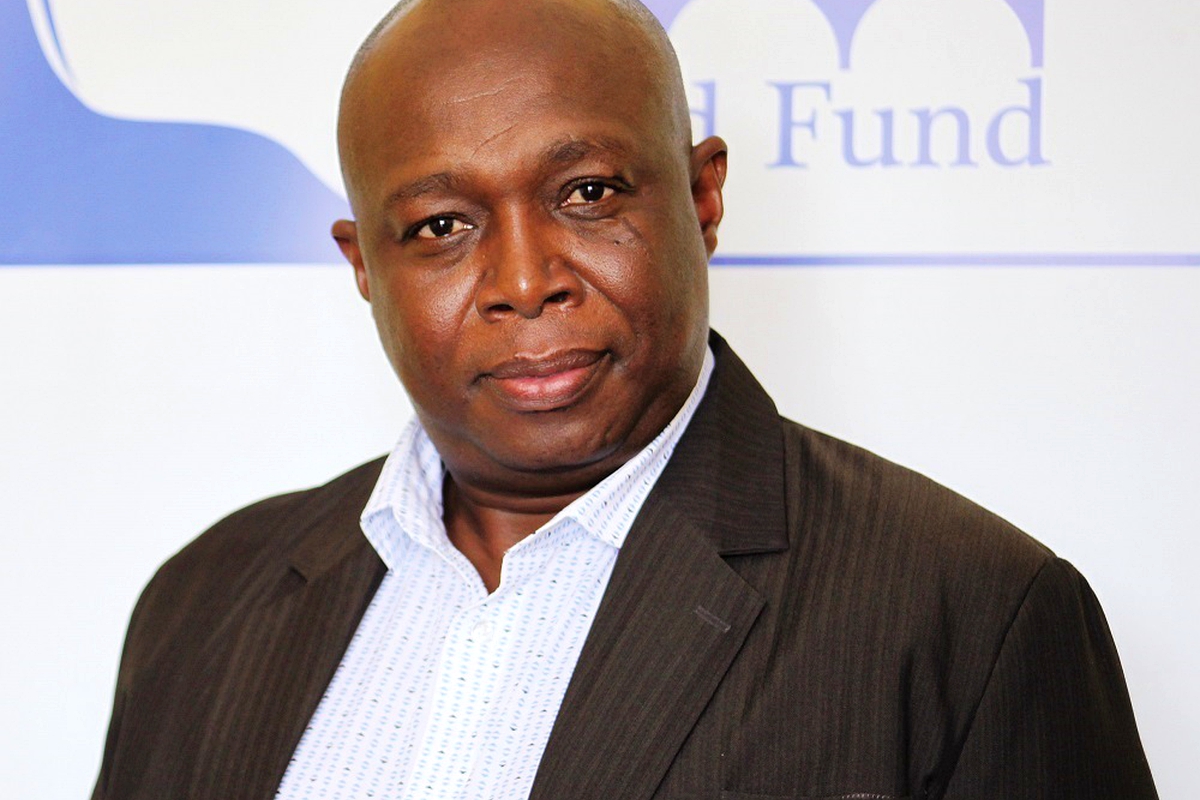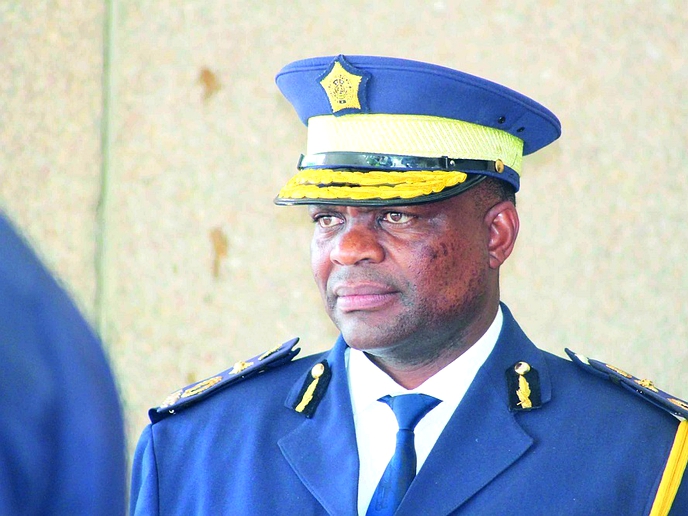FIVE districts have been earmarked for the establishment of mobile filling stations projected to extend the supply shortages of petroleum products in the country.
business
Nov. 23, 2022
NEO SENOKO
2 min read
Five districts identified for mobile filling stations

Petroleum Fund Chief Executive Officer, Thato Mohasoa
Story highlights
The five districts include Thaba-Tseka, Mokhotlong, Qacha’s Nek, Mafeteng, and Mohale’s Hoek.
The estimated capital expenditure for the sites ranges from M1 2 million to M1.7 million.
The capital estimates include the facility’s infrastructure, a fuel management system, and a payment system.
The evaluation criteria used to select the sides were based on financial viability, product demand, and environmental impact, site accessibility, and access to utilities among others.
“One of the projects that were recommended for consideration for rolling out was mobile filling stations in underserviced and remote parts of the country. In rolling out the recommended projects, the fund has in mind a two-pronged objective.
“That of ensuring the security of supply of petroleum products in the country, as well as creating opportunities for investment and jobs for the local people, which will also stimulate the country’s economy,” the Petroleum Fund Chief Executive Officer, Thato Mohasoa said recently during the official unveiling of the mobile filling stations concept.
The Petroleum Fund was established to ensure that there is a security supply of petroleum products in the country.
Enjoy our daily newsletter from today
Access exclusive newsletters, along with previews of new media releases.
It is expected to ensure, among others, the improvement of the distribution and accessibility of those products throughout the country.
It is in this regard that the fund, as a public institution with a clear mandate within the petroleum sub-sector, aligns itself with the Lesotho Energy Policy (2015-2025) which seeks to provide a strategic direction that the country should follow in the energy sector, noting the pivotal role that the energy plays in driving socio-economic development of Lesotho. In particular, for petroleum products, this policy provides a mandate to address issues around importation, storage, distribution, investment, and consumption.
The projected mobile filling stations will not compete with existing traditional filling stations as a set radius will be determined. The project shall also increase local ownership in the sector and has a low investment expenditure compared to the traditional filling stations.
Mobile filling stations will not be licensed for well-serviced locations.






